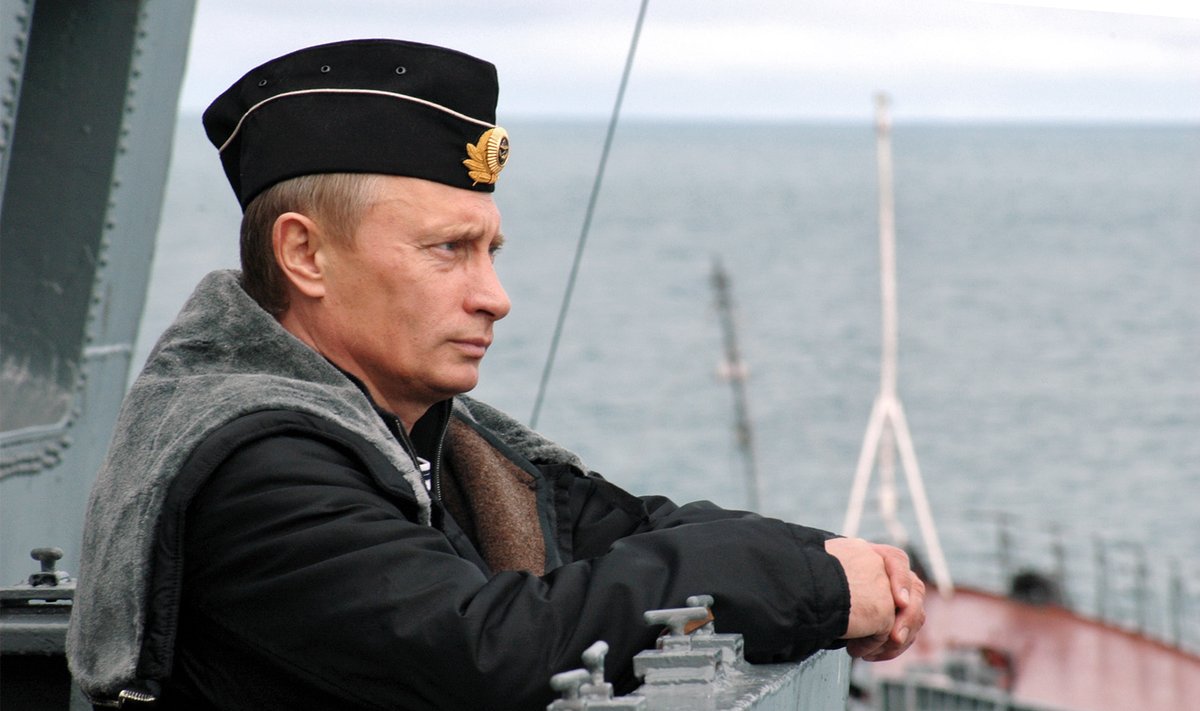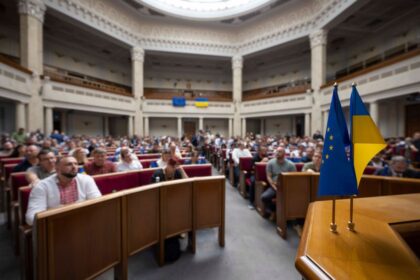**EU Creates Black Sea Maritime Security Hub to Monitor Russian Activities**
The European Union is setting up a new maritime security hub in the Black Sea region, aimed at strengthening surveillance and monitoring of Russian activities. This initiative is part of the EU’s broader effort to enhance real-time awareness and protect vital infrastructure in the area.
According to The Telegraph, the command center will provide live intelligence across the Black Sea, covering key areas such as:
* Movements of Russian military and commercial vessels
* Activity by Russia’s so-called “shadow fleet” of tankers
* Early alerts on sabotage risks to undersea infrastructure, including energy cables and offshore rigs
The system aims to give EU countries full-spectrum visibility, from space to seabed. This move is part of the EU’s first comprehensive Black Sea Strategy, which focuses on reducing Russian influence, securing maritime trade routes, and strengthening logistics and defense readiness.
**Ukraine’s Naval Advances Shift the Balance**
The EU’s decision follows Ukraine’s successful use of maritime drones and Western weapons like Storm Shadow and Atacms, which forced much of Russia’s fleet back to home ports. With Ukraine maintaining a protected grain corridor along the Romanian and Bulgarian coasts, trade route security remains a top priority.
**Regional Cooperation with Limits**
While Bulgaria and Romania are EU members, and Ukraine is an applicant nation and key military partner, Türkiye presents diplomatic challenges. As a NATO member and EU candidate, it continues commercial ties with Russia and controls the Bosphorus Strait. This has implications for the region’s security dynamics and cooperation efforts.
**Commentary and Analysis**
The creation of this maritime security hub reflects the EU’s growing concerns about Russian activities in the Black Sea region. By enhancing surveillance capabilities, the EU aims to protect vital infrastructure, secure trade routes, and reduce Russian influence.
However, the success of this initiative will depend on effective coordination with neighboring countries, including Ukraine and Türkiye. The complexities of regional dynamics mean that cooperation may have its limits, but the potential benefits for regional security and stability make this effort worthwhile.
As Kaja Kallas noted, “Getting equipment to the region faster strengthens deterrence and also supports NATO.” This statement highlights the strategic importance of the Black Sea region in global politics and the need for collective action to address shared security concerns.
**What’s Next?**
The launch of the Black Sea Maritime Security Hub is a significant step towards enhancing regional security. As we move forward, it will be crucial to monitor its effectiveness and assess the impact on Russian activities in the area. The EU’s commitment to strengthening defense readiness and logistics also underscores the importance of collective action in addressing shared security concerns.
The success of this initiative will depend on effective coordination with neighboring countries and the ability to address diplomatic challenges. As we watch these developments unfold, it is clear that the Black Sea region will remain a critical area of focus for global politics and security dynamics.
Read More @ euromaidanpress.com












